Bunny Business: The Pressure of Unwanted Litters on Rescues
Rabbits are adorable, intelligent and fun-filled creatures bringing joy to many owners and making great pets when the care and conditions suit their very complex needs.

However, owning rabbits comes with a great deal of responsibility. One of the most important responsibilities is preventing unexpected litters. Not only can an unexpected litter be overwhelming for rabbit owners, but it can also contribute to the growing problem of rabbit abandonment. In this blog, we will discuss how to avoid unexpected litters and the impact rabbit abandonment is having upon already struggling rescue centres.
Hop to It: Preventing Surprise Bunny Births
One of the most effective ways to avoid unexpected litters is by spaying or castrating your rabbits.
Spaying and castrating are surgical procedures that remove the reproductive organs of rabbits.
Spaying is the removal of the uterus and ovaries of female rabbits
Castration is the removal of the testicles of male rabbits.
Neutering refers to spaying and castrating and is a term used to cover both procedures.
These procedures are safe and can prevent unwanted litters. It is important to neuter your rabbits before they reach sexual maturity, which is around 4-6 months of age.
Did you know?
Getting pregnant while already pregnant is called superfoetation and is not uncommon in rabbits, meaning, just as you are adjusting to the shock of having one unexpected litter – within a matter of weeks…. oops, here comes another. Also rabbits can become pregnant as early as four months of age, sometimes sooner and just hours after giving birth. As pregnancy only lasts for one month, numbers can quickly spiral.
This can be an extremely stressful turn of events for new unsuspecting owners looking forward to living with two, healthy, happy rabbits.
Spaying or castrating your rabbits can also have health benefits, such as reducing the risk of certain cancers.
If you have young male and female rabbits kept together, it’s essential to arrange a timely spay and castration to prevent any unwanted litters. Even if you have same-sex littermates, timely neutering is still important as they will start to fight as sexual maturity approaches. Whilst you won’t have them breeding, neutering will help them stay friendly with each other. Have a chat with your vet to talk about the best times to do this and to book an appointment with them.
To prevent unexpected litters in older rabbits whilst you wait for your neutering appointment keep male and female rabbits separate. Rabbits are social animals and enjoy companionship, but it is important to keep them separated until they are neutered if you do not want them to breed. However, you don’t want their bond to break down so keep their enclosures side-by-side where they can still see and smell each other but not actually touch. Also try to take them to the vets together too. All this helps keep them familiar with each other and can mean that the reintroduction process is more likely to go well.
However, when your rabbits are neutered do not assume that they are sterile yet! Male rabbits not neutered at an early age can take up to six weeks to become sterile after they’re neutered. In addition, females shouldn’t be bonded with another rabbit immediately after neutering to reduce the risk of injury – so remember to take your time and follow the guidance given to you by your vet’s professional.
Here Today, and not Gone Tomorrow: The Devastating Impact of Rabbit Abandonment on Rescue Centres
Despite the efforts of animal welfare organisations, the number of abandoned rabbits is increasing for a variety of reasons. In contrast, those wanting to adopt new rabbit companions are on the decline with little sign of improvement. Simply put, there are not enough people wanting rabbits for the sheer quantity being born, yet breeding still persists.
Dr Jane Tyson, rabbit welfare expert for the RSPCA said: “Rabbit intake soared by a huge 55% in 2022 when compared to numbers in 2020 and shows little evidence of slowing down. Rabbit adoption is at an all-time low and we currently have a long list of rabbits waiting to come into our centres and owners ringing on a daily basis seeking help”.
This is why the Rabbit Welfare Association and Fund are campaigning, along with other like-minded charities, to introduce rabbit breeding legislation. Currently, the Animal Welfare (Licencing of Activities Involving Animals) (England) regulations 2018 (“the 2018 regulations) doesn’t limit the number of litters a breeder can sell before they need to be registered. Anyone is legally allowed to start breeding rabbits and then sell the offspring. If this legislation goes unchanged, millions of rabbits will continue to suffer. Sign the petition
Worryingly the majority of abandoned rabbits are found in poor health and require medical attention. They are also often traumatised by their experiences and require rehabilitation. Rescue centres are doing their best to provide care for these rabbits, including extending the facilities they currently offer to meet demand but they are struggling to keep up.
The impact of rabbit abandonment is not only felt by rescue centres but also by the rabbits themselves. Abandoned domesticated rabbits are often released into the wild, leaving them at risk of being injured or killed by predators and at risk of starvation and dehydration.
What’s causing the commotion?
Incorrect gender identification at the point of sale
Unfortunately, it is not uncommon for pet stores or breeders to misidentify the gender of rabbits, leading to unintended breeding and the potential for overcrowding and neglect.
The best way to ensure you receive the gender of rabbits you are expecting is to know how to correctly identify males from females. To help you, the RSPCA has put together this helpful guide.
The Irresponsible Breeding of Rabbits for Financial Gain
Sadly, some breeders, despite knowledge of increasing population numbers, engage in the irresponsible breeding of rabbits for nothing more than financial gain. These breeders often prioritise quantity over quality, and as a result, rabbits may suffer from health problems and genetic defects. Moreover, these breeders may not provide adequate care for the rabbits, which can lead to neglect and mistreatment. When these rabbits are passed on to their unsuspecting customers, quite often they are exchanged with little or no information about ongoing care.
What can you do to help?
First and foremost, if you have rabbits, please do get them neutered. If you are thinking about adding a new furry friend to your family, why not consider adopting rabbits? There are thousands of rabbits all around the country that are waiting for their chance to have a happy life with a loving family. Many of these rabbits are available for adoption and can be found on various pet adoption websites, including our own find a pet page.
By adopting rabbits from a rescue, not only can you save a significant amount of time and energy, but you can also reduce your veterinary expenses. This is because rabbit rescues often collaborate with nearby veterinarians and take care of spaying or neutering the rabbits once they reach sexual maturity. Before bringing your new house guests home, it is important to prepare for how to properly care for rabbits. The RSPCA website is a great resource for advice on rabbit care and can help ensure that you and your new pets have a long and happy life together.
So, if you are ready to make a difference to the lives of rabbits and adding new members to your family, consider adopting rabbits today!
Written by RSPCA

